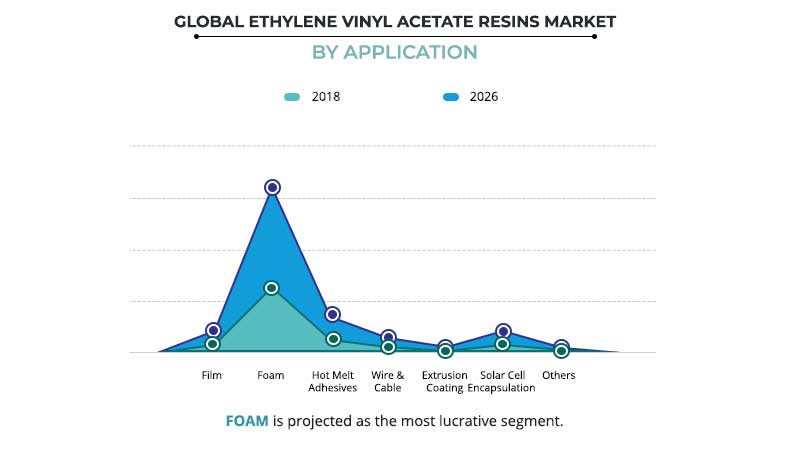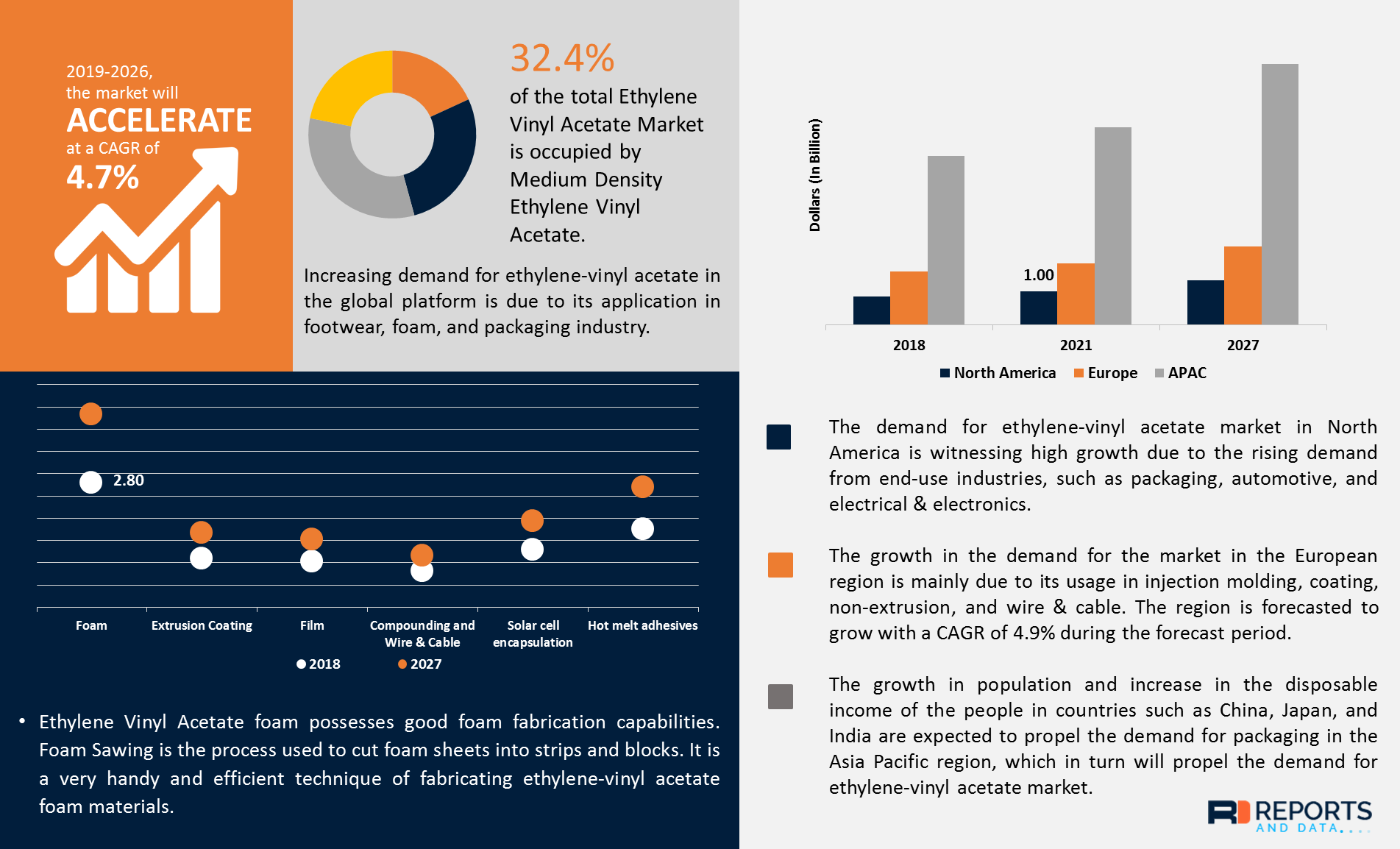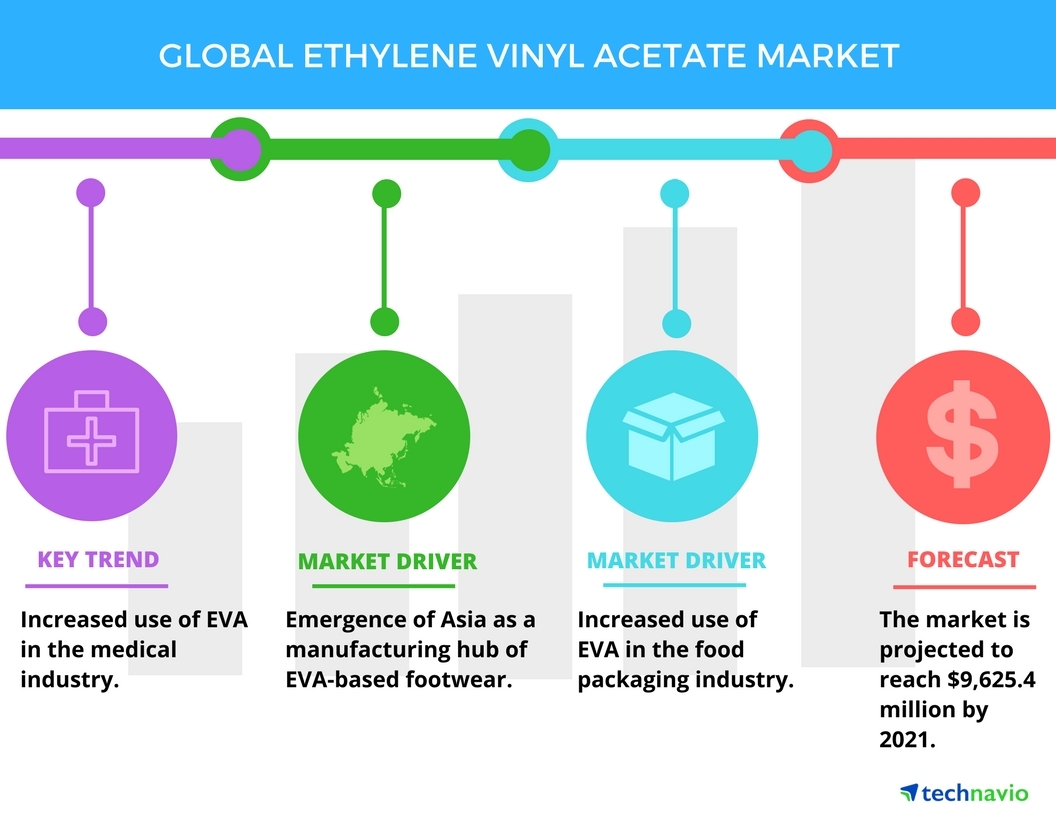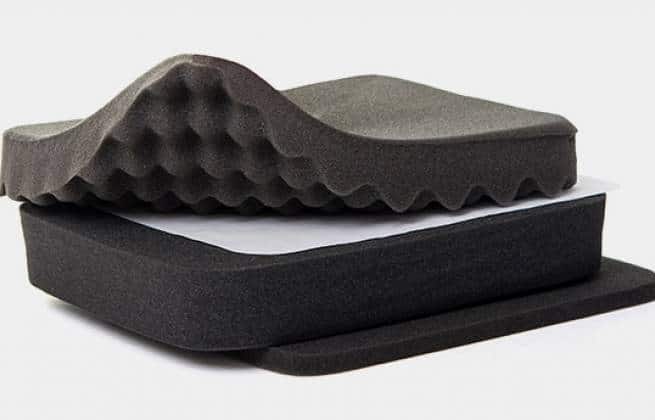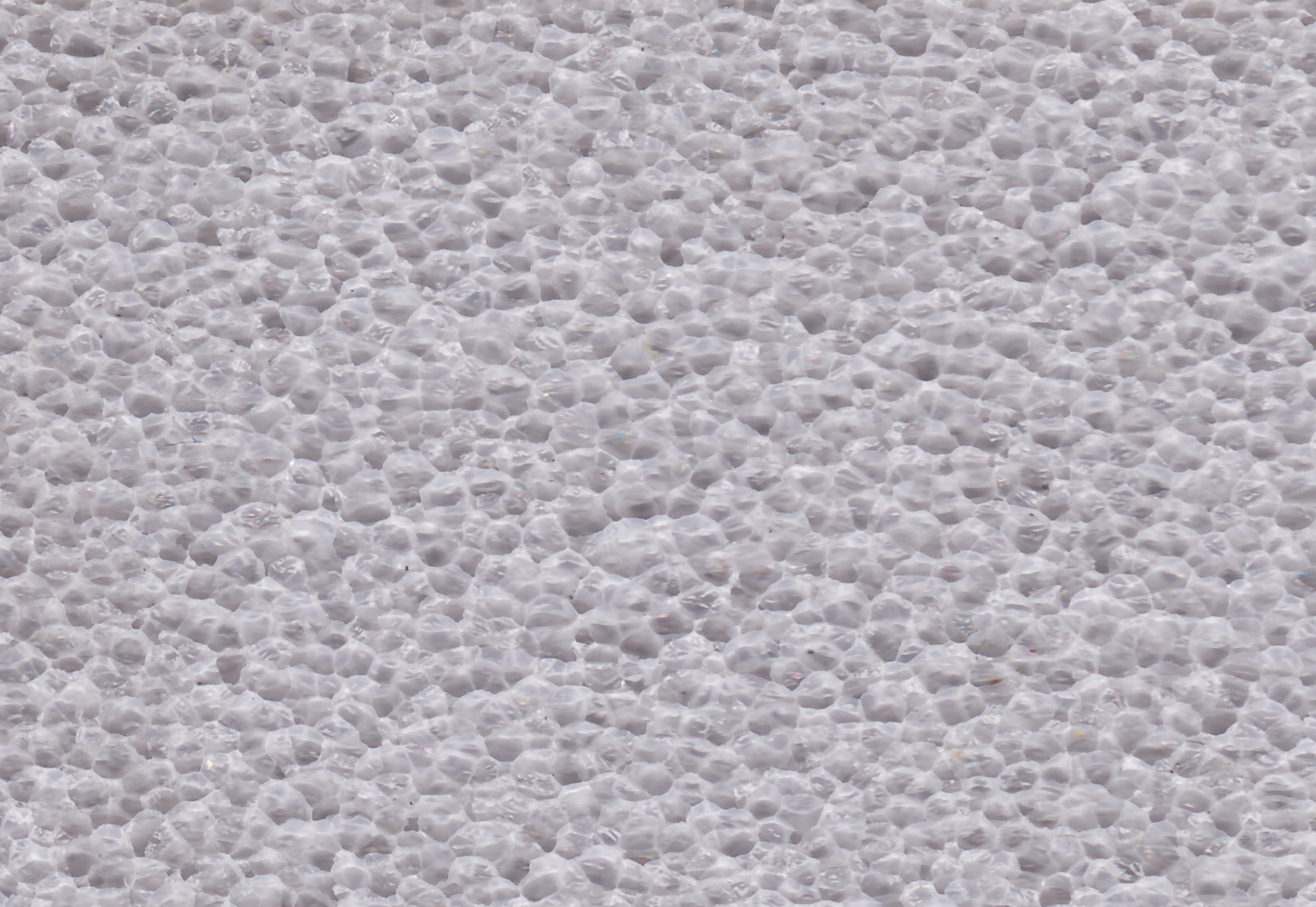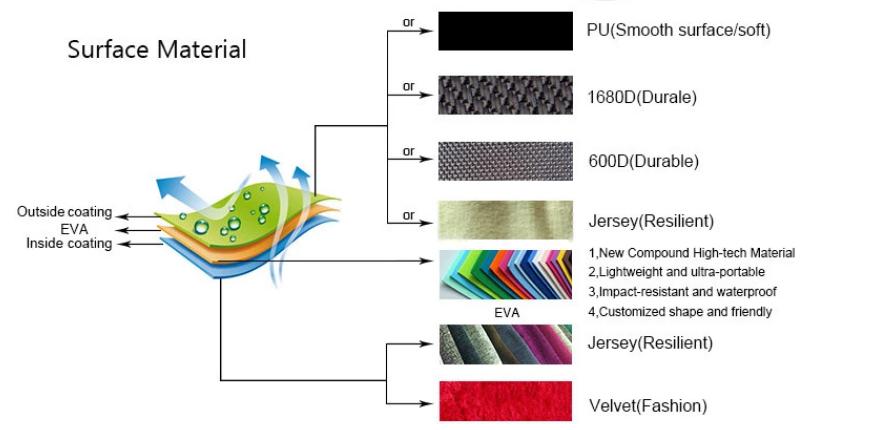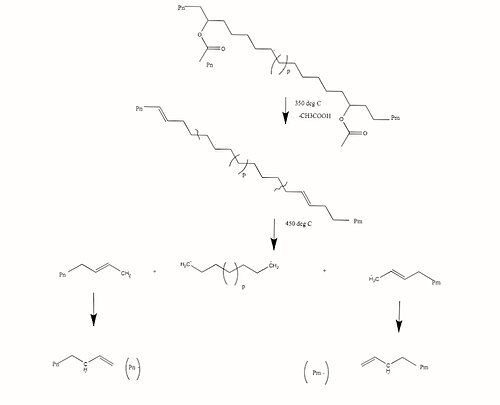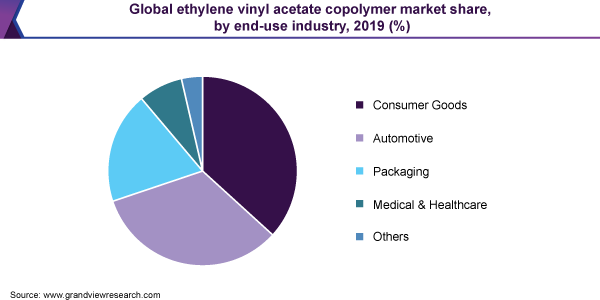Ethylene Vinyl Acetate Foam Environmental Impact

This formulation is more flexible than low percentage vinyl acetate.
Ethylene vinyl acetate foam environmental impact. Ethylene vinyl acetate eva also known as poly ethylene vinyl acetate peva is the copolymer of ethylene and vinyl acetate the weight percent of vinyl acetate usually varies from 10 to 40 with the remainder being ethylene. This is the most flexible and versatile formulation. The outstanding versatility of eva foam is of. Ethylene vinyl acetate offers good low temperature flexibility.
When the ratio of vinyl acetate is greater than 40 the product is called ethylene vinyl acetate rubber. Eva is flexible has good clarity and is resistant to ultraviolet radiation. What you can make with eva foam. Added during the manufacturing process ecopure enhances the biodegradability of eva plastics and shortens the time plastics that have been disposed of.
High percentage vinyl acetate. Although the synthetic polymer is a useful material for the athletic shoe industry it has become an environmental concern because of its poor biodegradability. Ethylene vinyl acetate is a type of plastic a polymer with a wide variety of uses both residential and industrial. Eva shows good barrier and stretch properties.
Eva can also be made into eva foam with the use of a plasticizer. It s very soft and elastic and it can be made into a plastic that s like rubber yet extremely tough. It readily evaporates into air and dissolves easily in water. Ethylene vinyl acetate properties ethylene vinyl acetate is a flexible and transparent thermoplastic.
Biodegradable ethylene vinyl acetate eva plastic is the copolymer of ethylene and vinyl acetate polymers. Ethylene vinyl acetate or eva material is an elasticized closed cell foam with rubber like softness and flexibility. You can easily smell vinyl acetate when it is in the air at levels around 0 5 ppm half a part of vinyl acetate in 1 million parts of air. Eva mats will have a glossy appearance and are resistant to uv radiation and cracking.
It s considered to be a safe alternative to pvc. What s the down side of using eva in today s shoes. Eva is used in several applications thanks to the varied properties it possesses. It has a sweet pleasant fruity smell but the odor may be sharp and irritating to some people.
Eva is a polyolefin copolymer of ethylene and vinyl acetate that provides durability and flexibility making it the most commonly used material found in athletic shoe midsoles. Evas release volatile organic compounds vocs into the air when decomposing. The food and drug administration fda has stated that ethylene vinyl acetate is safe when used in food production packaging or transportation and it s not an especially dangerous material. It shows good chemical resistance.
There are three different types of eva copolymer which differ in the vinyl acetate va content and the way the materials are used.
